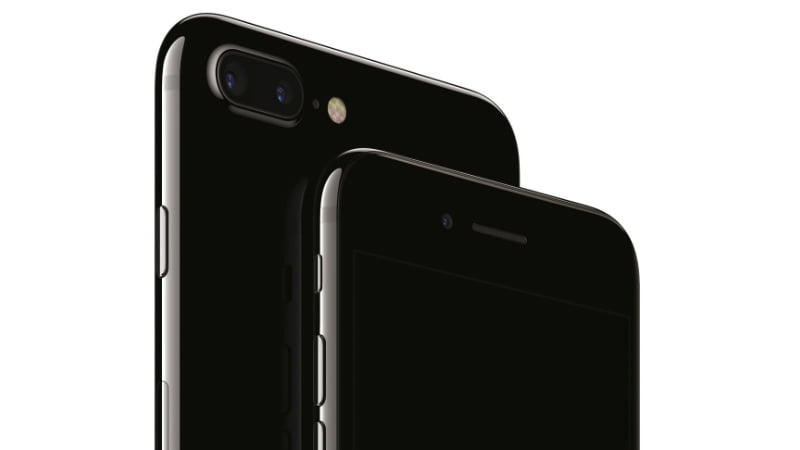
The solution is cloud-based, eliminating additional costs that come with setting up an On-Premise phone system such as training, hardware and software maintenance, etc.
Even more interesting is that RingCentral works across many devices, including PCs, tablets, and mobiles. The solution also provides enterprise-grade communication capabilities such as mobile apps, text, fax, and calls, for small and growing businesses as well as established companies. The platform also seamlessly integrates with a host of other platforms such as Salesforce, Google Drive, Box, and Dropbox. The system is easy to manage, so you will rarely, if ever, need to spend money on training or repairs.
How it works
Getting started is easy. First, plug your IP desk phones in to an Ethernet cable. You may also install the mobile app. And, if you have multiple locations, a RingCentral specialist will help facilitate a smooth transition of all your office locations as well as remote workers.
Once the setup is complete, you will be able to manage your entire phone system from your desktop or smart devices for all users across different business locations. More so, your staff can easily manage most of their settings so you don’t have to spend a lot of time on that.
Features
Mobile enabled
RingCentral seamlessly integrates with mobile devices, allowing you and your employees to check business voicemail, business SMS, make business calls, send and receive text messages and faxes as well as access the company directory. The RingCentral app works on both iOS and Android devices.
Collaboration
This is one of RingCentral’s biggest selling points. The platform allows you to manage projects, share files as well as communicate around the world using both audio and video conferencing capabilities.
Phone numbers
The platform makes it easy for your customers to call you by providing you with a whole host of phone number options, including international numbers, local numbers, toll-free numbers, and directory listings.
Business phone system
RingCentral completely revolutionizes your business phone system to provide you with unique capabilities such as music on hold, extensions, call monitoring, Auto-Receptionist, user templates, and hot desking among other features. On top of all these, you also get a user-friendly design that can be navigated easily, which is quite rare in the communications software industry.
Call management
RingCentral is designed to be as effective as possible so you never have to worry about missing calls. The solution uses some of the most advanced call management features, including call forwarding, call recording, call screening, call flip, answering rules, automatic call answering, among other call management features.
Integrations
As mentioned earlier, RingCentral seamlessly integrates with a host of apps that you already rely on daily. The integration with ServiceNow, Salesforce, Desk.com, Okta, Oracle among other platforms provides your business or company with another level of productivity and connectivity.
Pricing

RingCentral has four pricing plans. Starting with Standard package that goes for $24 per month per user, and the Premium package, which is the most popular package, goes for $34 per month per user. The Ultimate package, goes for $49 per month per user. All plans provide you with call management and phone system administration, unlimited calling with HD Voice, toll-free minutes, unlimited conference calling among many other features. However, integration with Salesforce, Zendesk, and Desk.com as well as automatic call recording features are only available for Premium and Ultimate plan users.
All packages provide you with a 15-day trial period that you can use to test a plan and determine if it is the right fit for your business.
RingCentral vs Vonage
Even if you know nothing about VoIP, chances are, if you have heard of RingCentral then you probably also have heard about Vonage. The two platforms offer similar services, but they also have their differences. For example, they both work with iOS, Windows, and Linux OS, and they also work across iOS, Windows, and Android-supported mobile devices.
RingCentral, however, has obvious advantages over Vonage. For instance, RingCentral users only have to pay monthly or annual subscription fees, whereas Vonage users have to pay extra fees for add-ons and usage upgrades.
Phone support is included in all of RingCentral’s plans, but you have to pay for toll-free phone support when using Vonage.
More importantly, Vonage’s target customer size is mainly businesses with between 1 and 50 employees and 51 and 1,000 employees. RingCentral, on the other hand, caters for this customer size and even goes a little further to cater to businesses with more than 1,000 employees. This means that RingCentral is the better option because you can still get to enjoy their services even when you scale up your business.
And ultimately, RingCentral makes much more sense if your business has a strong international presence because the company offers international numbers and data centers around the globe. It is also a far better option if you are searching for a powerful messaging and collaboration platform that is more than just VoIP.
Conclusion
While a price between $24 and $49 per user per month might seem like a lot, especially for small businesses that are rapidly growing their staff, it is important to always keep in mind that RingCentral cuts operational costs. The solution doesn’t require hardware installations or maintenance, and more importantly, most of its functions are unlimited. The system is also easy to navigate, and you don’t have to hire a tech specialist to help with maintenance.
[“Source-smallbiztrends”]


